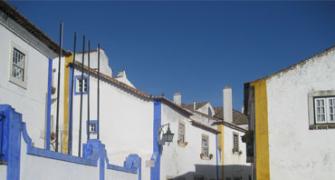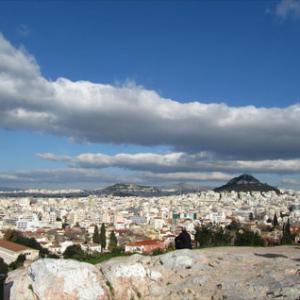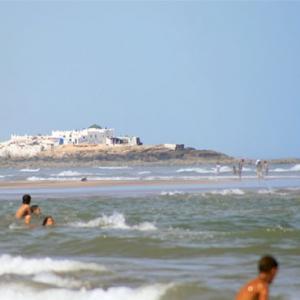Geetanjali Krishna approached her trip to Greece -- the cradle of democracy where the notions of equality, free speech and civic liberty first took shape -- as much as pilgrimage as a holiday.
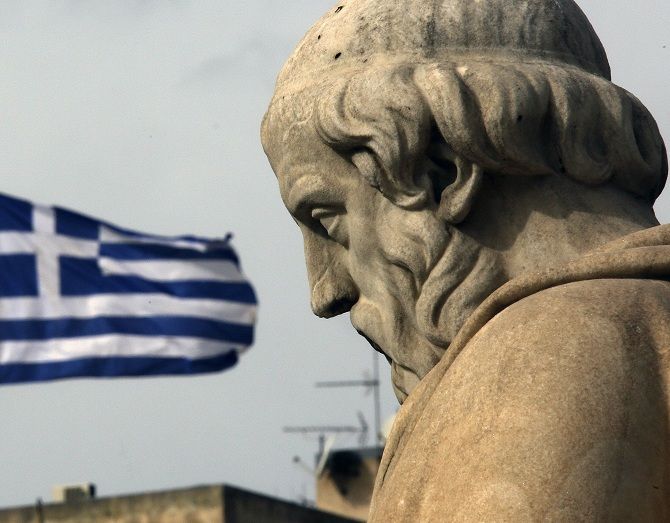
In the 5th century BC, there wasn't one but hundreds of democracies among the city states dotting the shores of the Mediterranean and Black Seas. Plato apparently said they were 'like frogs around a pond'. Photograph: Yannis Behrakis/Reuters.
This year, depressing news of beef bans, anti-Romeo squads and 'seditious' dissenters have made me wonder about democracy and what it means to people like us.
I'm none the wiser for it, but find myself in august company. Even Bill Clinton said after the 2000 US presidential election, 'The people have spoken: we're just not sure what they've said!'
That is why I approached an impending trip to Athens -- the cradle of democracy where the notions of equality, free speech and civic liberty first took shape -- as much as pilgrimage as a holiday.
As we stepped out at the Monastiraki Square station in Athens, the beautifully-lit Acropolis was in full view. In fact, the hilltop sanctuary is visible from almost everywhere in Athens.
The square was buzzing; its tavernas, cafes and flea market popular with tourists and locals alike.
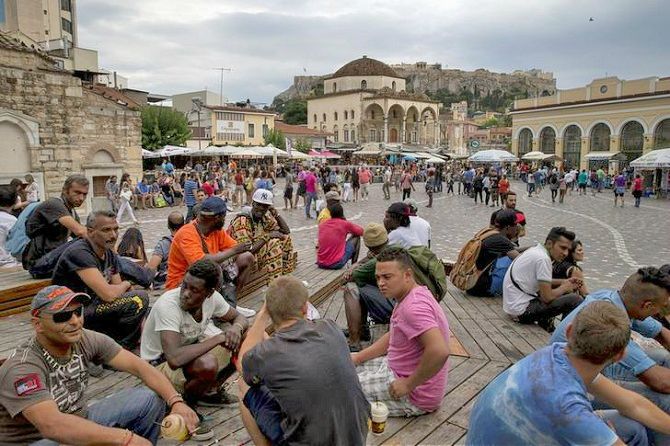
My guidebook said that, in the 5th century BC, there wasn't one but hundreds of democracies among the city states dotting the shores of the Mediterranean and Black Seas.
Apparently, Plato said they were 'like frogs around a pond'.
Athens was, however, the most stable and long-lived. It was also the most radical.
Around 450 BC, Athenian general Pericles shifted the balance of power in the city state to the poorest sections of society. He effected alliances between Athens and other city states, creating the first, so as to speak, democratic empire.
Classical Greek thought and literature developed and the Parthenon was built during this time.
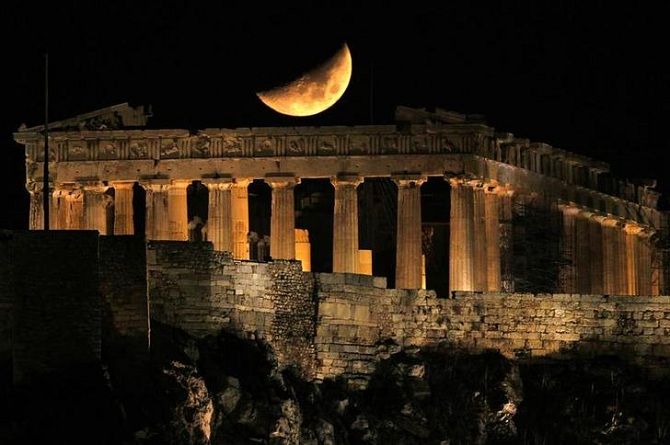
The next morning dawned crystal clear, incandescent almost.
Nothing prepares you for the dazzling light in Greece. It's like the land is lit from within, like a glow on a beautiful face.
Armed with sunscreen, water and shades, we set off to climb the hill to spend the day reliving the wonder that was ancient Greece. The climb uphill was steep, slippery and bereft of shade. But it was worth it.
Most of the Acropolis' significant monuments and sanctuaries -- the Parthenon, the Erechtheion, the Propylaea and temple of Athena Nike -- survive in reasonably good shape to date, pointing to their superlative architecture and the quality of marble used.
The Odeon of Herodes Atticus on the Southern slopes of the hill, was our first stop. This amphitheatre was built in 621 BC, renovated in 1950 and has staged the best theatrical and musical talent across the ages, including Luciano Pavarotti and Frank Sinatra.
We soldiered on in the hot sun to the temple of Athena Nike, its honeyed marble steps well worn from pilgrims' feet over the millennia. Greeks worshipped her as the goddess of victory, and as we finally crossed the Prophylaea to see the Parthenon, we felt like victors too.
Although under extensive repairs for the last few years and covered in scaffolding, Athena's sanctuary presents a magnificent sight with the Aegean Sea in the horizon.
A shady, quiet spot on the hilltop beckoned, with a nice view of the Erechtheion, the temple dedicated to Athena and Poseidon.
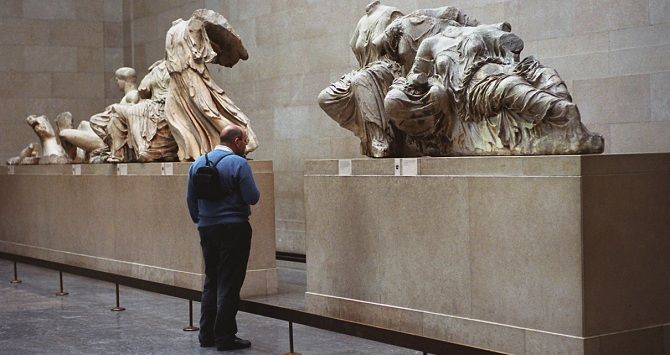
The complex was, somewhat disappointingly, swarming with tourists. I'd somehow expected more gravitas from the place where Western liberal thought was born.
An earnest guide was relating the history of the Parthenon to his uninterested clients. I eavesdropped shamelessly, intrigued by its chequered past.
Less than a century after being built, it was transformed into a Christian church.
After the Turks seized the Acropolis in 1458, they adopted the Parthenon as a mosque and raised a minaret in one corner.
In 1801, Lord Elgin removed much of its sculptures (they repose as the Elgin Marbles in London's British Museum now).
Other bits and pieces found their way to the Louvre in Paris and other museums.
The only constant in the history of Acropolis was change, or as the Greeks would say, metamorphoo. But wasn't that true of all history?
As we made our sweaty way downhill, we passed the remains of the Agora, marketplace. Some of it had been demolished to make way for the Athens metro. Suddenly, the notion of not treating antiquities like sacred cows made perfect sense.
Later that evening, I raised my glass of Ouzo not only to the democrats of ancient Greece, but also to the protectors of flatulent bovines and Indian (read Hindu) morals back home. Time (if not the liberals) would ultimately prevail upon them too.



